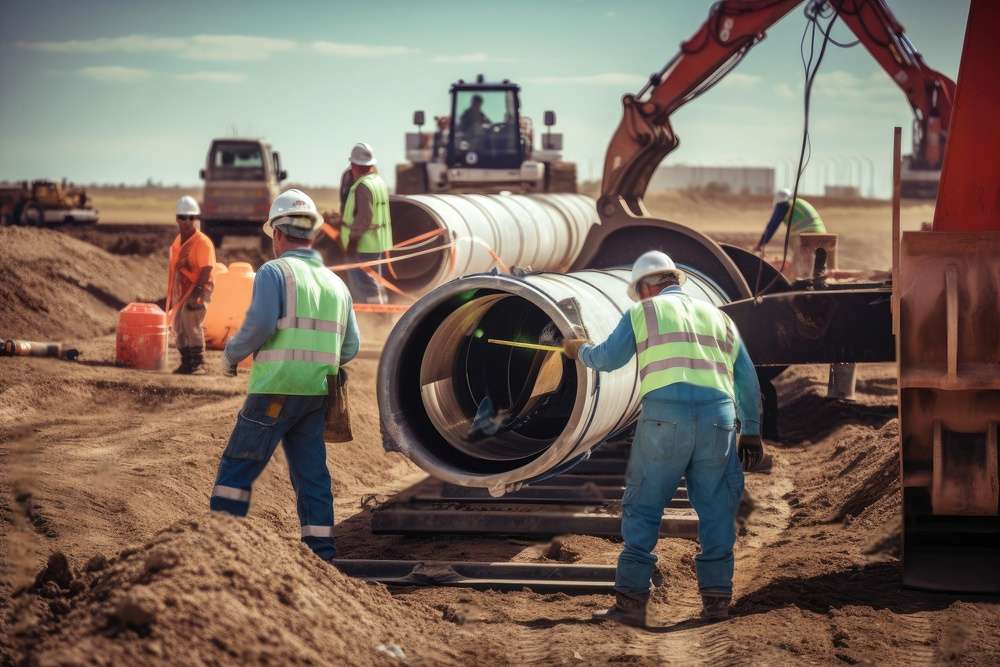- +(971) 2-5555-310
- Info@tiits.ae
- musaffah #35 Abu Dhabi


Participants will learn essential safety protocols for working on construction sites. This module covers topics such
as hazard recognition, fall protection, personal protective equipment (PPE), scaffolding safety, and excavation
safety practices. Emphasis is placed on understanding site-specific safety plans and regulatory compliance.
Employees working in onshore oil and gas operations will receive specialized training focused on the unique
challenges they may face. This includes topics such as well control, pipeline safety, and working with hazardous
materials. Training emphasizes the importance of safety procedures and reporting incidents.
Working offshore presents additional risks, and our training program addresses these challenges. Participants will
learn about offshore platform safety, marine operations, evacuation procedures, and survival training. Training also
covers the use of personal flotation devices (PFDs) and emergency life-saving equipment.
Employees will be trained on the safe handling, storage, and disposal of hazardous materials commonly found in
construction and oil/gas operations. This module includes topics such as Material Safety Data Sheets (MSDS), spill
response, and regulatory compliance.
Working in confined spaces poses significant risks. This training provides participants with the knowledge and
skills needed to safely enter and work in confined spaces. Topics include atmospheric testing, ventilation, and
emergency rescue procedures.
Participants will learn effective emergency response strategies for construction and oil/gas sites. This includes
evacuation planning, communication protocols during emergencies, and coordination with local emergency
services.
This program focuses on the importance of safety culture and the role of behavior in preventing accidents.
Participants will learn techniques for fostering a proactive safety culture, encouraging safe behaviors, and
addressing unsafe practices among their peers
• Enhanced Safety Awareness:
Our training programs empower employees to recognize and mitigate risks, leading
to safer work environments.
• Regulatory Compliance:
Training ensures that organizations meet local, national, and international safety
regulations, reducing the risk of fines and legal issues.
• Increased Operational Efficiency:
A well-trained workforce can respond quickly to incidents, minimizing
downtime and enhancing overall productivity.
• Protection of Personnel and Assets:
By investing in safety training, organizations can protect their employees and
valuable assets from potential hazards.
Our Construction & Oil/Gas Training programs are suitable for various sectors, including:
• Construction
• Oil and Gas Exploration
• Energy Production
• Civil Engineering
• Environmental Services